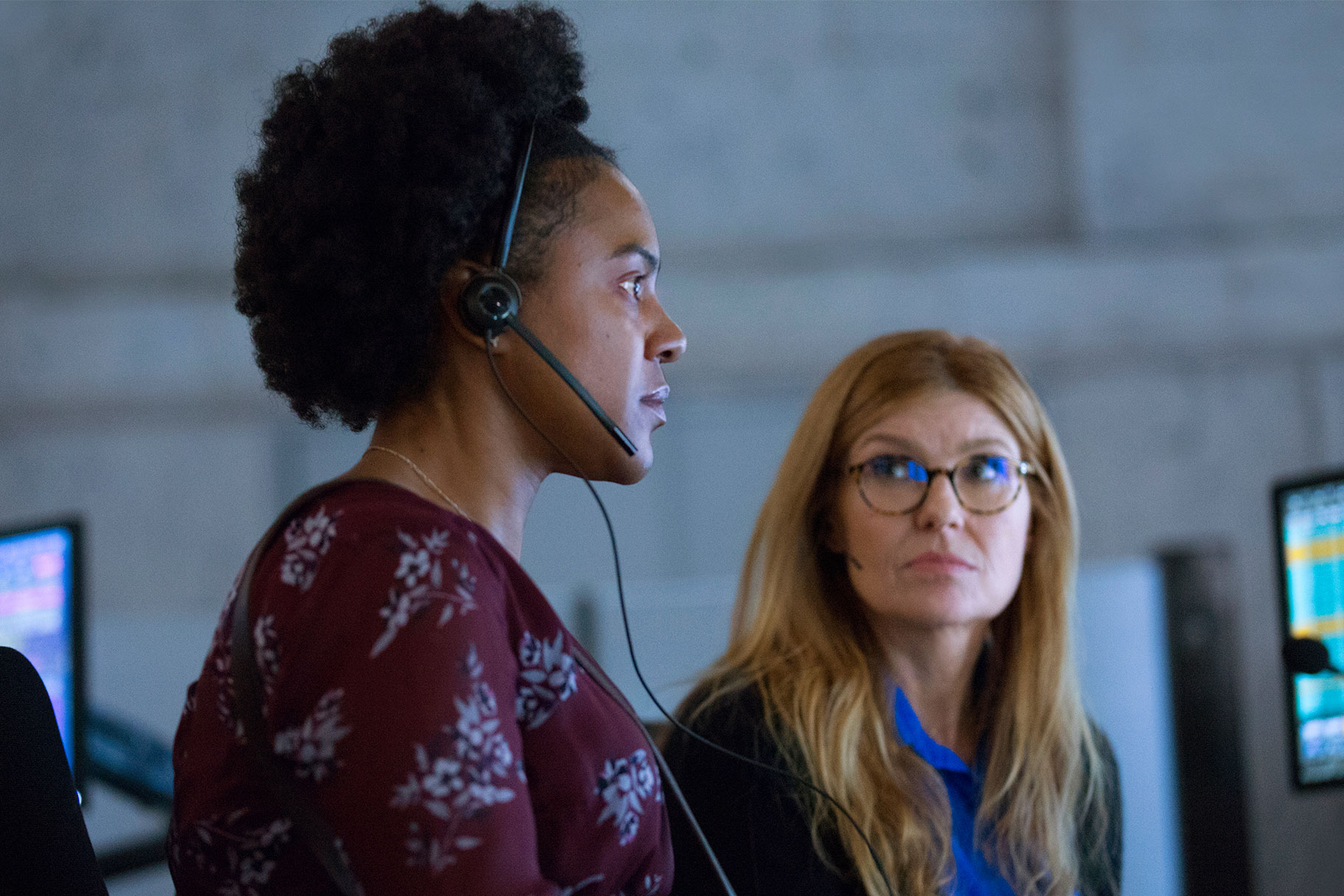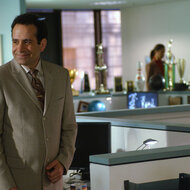Create a free profile to get unlimited access to exclusive show news, updates, and more!
Do You Have What It Takes To Be A 911 Operator? Here’s What To Know
While “9-1-1” is definitely a heightened look at what it's like to be an emergency dispatcher, it’s not that far off from reality.

While watching “9-1-1,” the Ryan Murphy-produced show that focuses on Los Angeles’ first responders, you’ll come away thinking the world of emergency response is a constant stream of jaw-dropping situations, such as tsunamis, faulty roller coasters, and babies stuck in toilets. And while “9-1-1” — which you can catch on USA Network on Thursdays — is definitely a heightened look at this field, it’s not that far off from reality.
That’s the impression one gets from Oxygen series “911 Crisis Center,” which follows the people who field the calls at Chagrin Valley Dispatch Center, a Cleveland-area emergency dispatch center. It gives a peek into what exactly it’s like to spend your work shift handling all manner of emergencies.
At Chagrin Valley Dispatch, the operators connect to 15 police, fire, and emergency medical services. Naturally, a lot of people are needed to keep the center running smoothly: At least nine staffers are needed at any time, and usually it’s more like 11 or 12 people assigned to a shift to account for sick leave or unexpected time off. Each dispatcher works at a station with no less than eight — eight! — monitors. These monitors display the phone number coming in, a name if possible, and either the address of the landline or the closest cell tower if the caller is contacting them via a mobile phone, according to “911 Crisis Center.”
The dispatcher’s job is then to get all the information possible to get the caller the help they need. They ask certain questions, passing along the answers to another dispatcher who’s connected to police, fire, or EMS, and telling them what they need to know when they arrive at the scene. All this information is recorded on the computer at the same time, according to “911 Crisis Center.” Naturally, multi-tasking is a necessary ability for anyone who wishes to be a 911 dispatcher.
Shifts typically last between eight and 12 hours, and the schedule varies — people need to be on all night, and during the weekends or holidays, too. Emergencies can strike at any time, as seen on “9-1-1.” But while the shifts are long and often busy, there are moments of downtime and staff bonding, too. It’s a special position for the right person.
To see more of the world of emergency response, check out “9-1-1,” airing Thursdays on USA Network.



